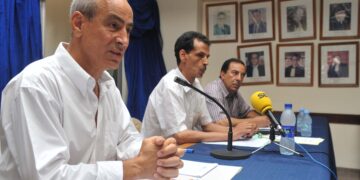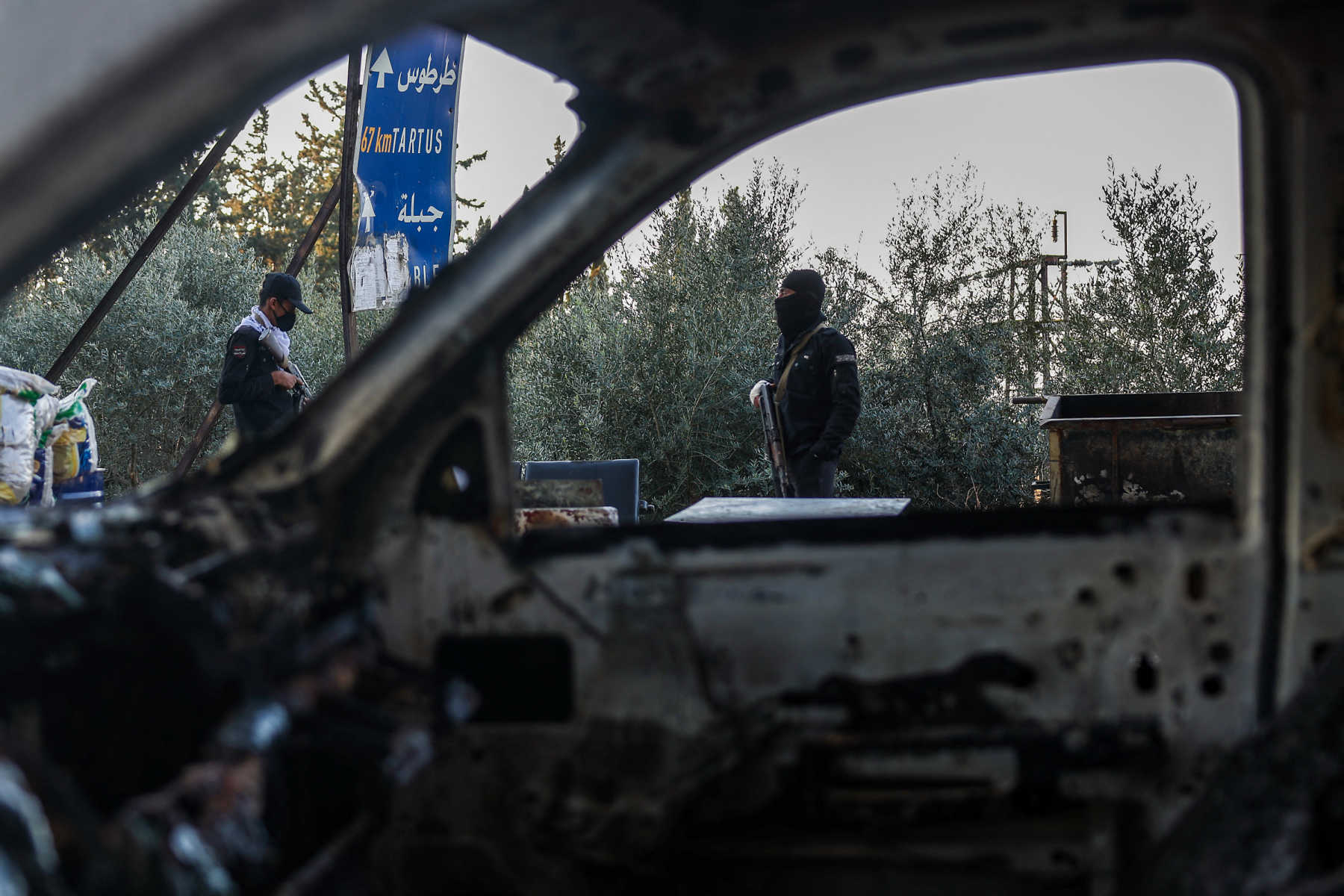Increased Pattern of Extraterritorial Repression, Harassment against Activists Abroad
(Washington D.C., July 8, 2024): The Jordanian General Intelligence Department (GID) has refused to renew the passport of Moeen Al Harassis, a Jordanian living in Turkey, in apparent retaliation for his work as a political activist and in violation of Jordan's human rights obligations, said DAWN today. This measure follows a pattern of extraterritorial attacks and repression against Jordanians living abroad that DAWN has previously documented.
"Jordanian authorities are weaponizing citizen's passports for politically motivated reasons, apparently trying to force political exiles to return to Jordan for further persecution," said Sarah Leah Whitson, Executive Director of DAWN. "It's deeply disturbing that the King has given Jordan's intelligence agency free rein to exercise extrajudicial powers to attack, harass and intimidate Jordanians abroad and particularly shocking that this is happening in Turkey, where Saudi agents killed Khashoggi in a shocking act of extraterritorial violence."
In an interview with DAWN on June 15, Al Harassis explained how he came to learn the country's intelligence agency was blocking his passport renewal. On February 28, 2024, Al Harassis, who resides in Istanbul, submitted an application to renew his passport. Consulate officials told him to wait for a few weeks for the renewal. He called them repeatedly to see if the new passport was ready, but they kept telling him to wait. On April 25, he called the Jordanian Consul in Turkey, Mutasem Mobedeen, who claimed that he was on leave in Amman, and asked him to call the consulate again. When Al Harassis called the consulate that day, an unidentified staff person told him that the GID had refused his request to renew his passport, and referred him to the Legal Affairs Division of Jordan's Civil Status and Passport Department in Amman.
Al Harassis said his brother, Mamoun, who lives in Jordan, then went in person to the legal division in Amman on his behalf on May 1, 2024, but they told him to return in a few weeks so they could look into the matter. When he returned on May 28, a staff person of the legal division who did not identify himself also told him that the GID had refused to approve his brother's passport renewal but provided no further explanation.
Al Harassis hired a lawyer in Amman, Mohamad Awad, who filed a lawsuit on his behalf before the Administrative Court to protest the arbitrary denial of his passport on June 13, primarily in an effort to document the GID's interference with access to his travel documents. DAWN has reviewed this complaint, and the matter remains pending before the court.
Al Harassis had left Jordan for Turkey in September 2020 after years of repression and imprisonment by Jordanian authorities at home. Jordan's State Security Court convicted Al Harassis in 2012 and 2014, initially charging him with "undermining the political regime" and then changing the charge to "defaming King Abdullah II." Because his sentence in both cases was less than three months, he was able to pay a fine in substitution of imprisonment to serve the sentences. On August 5 2020, the Governor of Irbid, Radwan Al Otoom, detained Al Harassis for almost a month for his participation in peaceful protests against the government's closure of the Teachers Syndicate, and released him on September 1, 2020.
"Jordanian intelligence agents have no business preventing Jordanians from renewing their passports," said Jamal Al Tahat, DAWN's Senior Advisor. "It is unconstitutional and unlawful under both Jordanian and international law for an intelligence agency to block renewal of any citizen's passport."
The International Covenant on Civil and Political Rights of 1966, signed but not ratified by Jordan, states in paragraph 2, article 12 that: " Everyone shall be free to leave any country, including his own." The Human Rights Committee overseeing the interpretation of the Covenant has explained that freedom of movement "must include the right to obtain the necessary travel documents." The Committee also criticized bureaucratic hurdles, harassing applicants, and other obstacles to obtaining passports. This right may only be subject to restrictions that are provided by law and strictly necessary for national security, public safety, or public order, and consistent with the other rights, in stark contrast to the GID's arbitrary and lawless interference in the grant of travel documents.
Jordan's interference in passport renewal of activists abroad is only the latest example of a disturbing and increasingly widespread pattern of harassment, intimidation, attacks, and arrests of Jordanians living abroad, in an apparent effort to punish them for their activism for human rights and democracy in Jordan.
DAWN called on Jordan to immediately grant Al Harassis a new passport and to end its efforts to harass, intimidate and attack Jordanian activists abroad. DAWN urged the United States to end its military and economic assistance to the Jordanian government in light of its systematic and widespread human rights abuses against its citizens.
















![Security forces loyal to the interim Syrian government stand guard at a checkpoint previously held by supporters of deposed president Bashar al-Assad, in the town of Hmeimim, in the coastal province of Latakia, on March 11, 2025. Syria's new authorities announced on March 10, the end of an operation against loyalists of deposed president Bashar al-Assad, after a war monitor reported more than 1,000 civilians killed in the worst violence since his overthrow. The Syrian Observatory for Human Rights said the overwhelming majority of the 1,068 civilians killed since March 6, were members of the Alawite minority who were executed by the security forces or allied groups. (Photo by OMAR HAJ KADOUR / AFP) / “The erroneous mention[s] appearing in the metadata of this photo by OMAR HAJ KADOUR has been modified in AFP systems in the following manner: [Hmeimim] instead of [Ayn Shiqaq]. Please immediately remove the erroneous mention[s] from all your online services and delete it (them) from your servers. If you have been authorized by AFP to distribute it (them) to third parties, please ensure that the same actions are carried out by them. Failure to promptly comply with these instructions will entail liability on your part for any continued or post notification usage. Therefore we thank you very much for all your attention and prompt action. We are sorry for the inconvenience this notification may cause and remain at your disposal for any further information you may require.”](https://dawnmena.org/wp-content/uploads/2025/04/syria-22039885951-350x250.jpg)




















